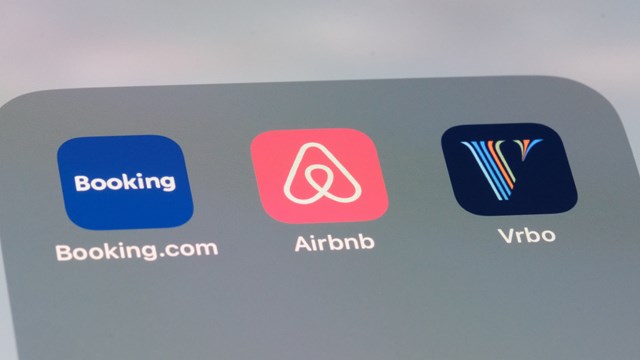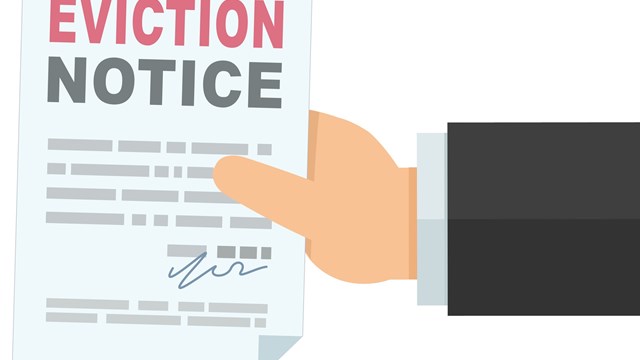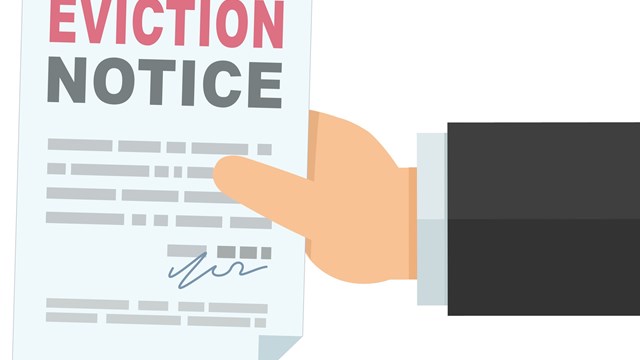Every co-op in New York City has its own personality and ‘vibe,’ depending on its age, neighborhood, resident demographics, and board engagement - but one thing that’s consistent across just about every co-op community are the typically stringent rules and regulations around subletting. In short, subletting is frowned upon in co-ops, and often prohibited entirely. Those rules have been severely tested over the last several years, however - first by the rise of homesharing platforms like Airbnb, and more recently by the COVID-19 pandemic. Sometimes, these two seismic forces reinforce each other, causing headaches for boards and residents alike.
Airbnb
Airbnb changed the way people all over the world travel. With hotel rates skyrocketing internationally and stagnant wage growth making it a challenge for homeowners of all stripes to keep up with rising housing costs, the ‘sharing economy’ became a way for all kinds of homes in all kinds of places to become a side business for their owners. If your child was off to college, why not rent out their room for a few days or weeks a month to bring in a few extra dollars? Maximization of use!
While homesharing was embraced by millions of apartment owners and shareholders, in many cities - including New York - both the mayor’s office and co-op and condo boards quickly saw the downsides of short-term rentals - to the rental market itself, as well as to the overall quality of life in multifamily buildings. While condo and HOA boards are pretty limited in what they can do to curb owners’ participation in homesharing, co-op boards have far more power to control their premises. Many viewed Airbnb and similar platforms as a form of illegal sublet, and outlawed them in their buildings from the start.
COVID-19
The arrival of the COVID pandemic brought about enormous change to urban living, particularly in New York, which of course was hit early, and hit hard. The early months of the pandemic saw the exodus of thousands of city residents. Many retreated to their ‘summer’ or ‘weekend’ residences in upstate New York, Long Island, New Jersey, and elsewhere. With the ebbing of the pandemic, many have chosen to stay in their second homes permanently or near-permanently, and to spend less time in their New York apartments.
That sea change has resulted in thousands of long-time city residents who are no longer using their units as a primary residence wanting to capitalize on those underused abodes. That desire has led many into direct collision with their buildings’ long standing policies against any kind of subletting or habitation by non-owners.
Pied-a-Terre
Pied-a-terre is a phrase one doesn’t hear much anymore. In French, it literally means ‘a foot on the ground.’ In New York real estate parlance, it commonly refers to a small apartment, a studio or junior one bedroom that’s owned and used occasionally by someone whose primary residence is outside the city, but who needs an occasional place to stay - say a doctor or business executive who works long shifts. The pied-a-terre is an auxiliary residence, not a primary one, and is rarely larger than a space meant for one person.
The confluence of Airbnb as a profit center, COVID-19, and the misuse of the term pied-a-terre has created a new wrinkle in co-op life. In some buildings, long-term shareholders are reportedly pressing boards to change their bylaws and the rules surrounding occupancy to provide them with the opportunity to host ‘guests’ for periods ranging from one week to a month. This proposed change is often referred to - incorrectly - as a ‘pied-a-terre rule.’
In reality, it may be a subtle semantic workaround to provide a way for shareholders no longer living the majority of the time in their units to use those units as an additional income stream, a la Airbnb. The question boards should be asking when considering this change is how many ‘cousins’ of the shareholder should be permitted to stay in the unit, for how long, and how often. The concept is ripe for abuse. In one long-established co-op in Lower Manhattan, several long-standing board members are pushing for such a scheme - but not considering a change to the building’s overall policy forbidding subletting.
“Co-ops are not monolithic,” says Zack Elias, sales manager at brokerage REAL New York. “Each property is an individual spin of the roulette wheel, and they operate on a case-by-case basis and on the whim of their current board, which can change annually. Most co-ops have historically been resistant to allowing their shareholders to sublease for the short term. However, more and more properties are reevaluating the flexibility of these policies, and sometimes going beyond what is within their normal standards. The reshaping is in part due to the effects of the pandemic, where short-term stays were in higher demand, as well as generally remaining competitive in the current real estate market.”
Subletting restrictions are, in fact, a major consideration for many existing co-ops. With the increasing popularity of condominiums in the New York market, less restrictive subletting policies may be necessary to keep co-op units competitive with condominiums for many buyers. Shareholders beware, though; there’s a difference between reconsidering sublets and opening the door, literally, for shareholders to profit from their individual units at the cost of building security and community cohesiveness.










Leave a Comment